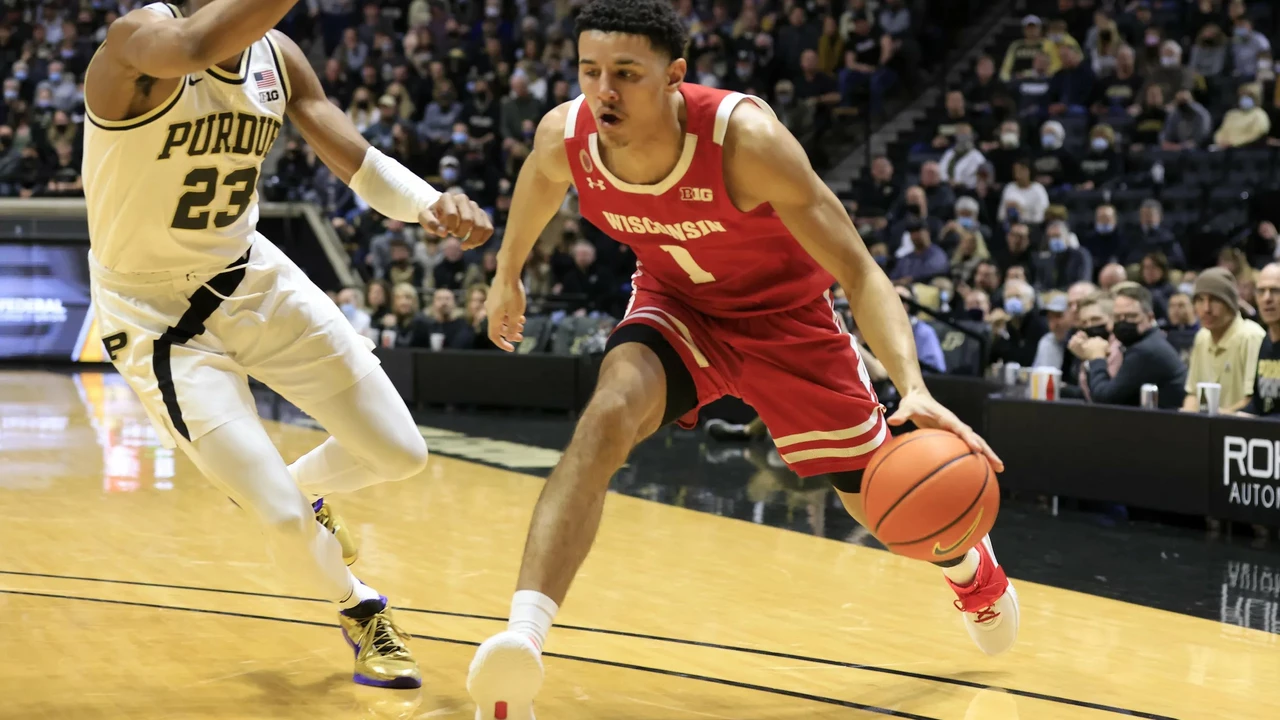Understanding NCAA Eligibility Rules
Before we dive into whether a 30-year-old can play college basketball, it's essential to understand the NCAA eligibility rules. The NCAA - National Collegiate Athletic Association - is the main governing body for collegiate sports. It has specific rules for student-athletes, including age restrictions, academic requirements, and amateurism rules. Generally, a student-athlete has five years to play four seasons of competition. The clock starts ticking as soon as the student starts full-time enrollment at any college. However, there are exceptions to these rules, especially in cases involving military service or religious missions.
Exceptions to the Five-Year Rule
While the NCAA does have a five-year rule, there are several exceptions that could potentially allow a 30-year-old to play college basketball. One such exception is if the individual has served in the military or gone on a religious mission. This time is not counted against the five-year clock, meaning that someone who served in the military for several years before attending college could potentially still be eligible to play sports. Additionally, there are waivers and extensions that can be granted in certain circumstances, such as injury or illness.
Academic Requirements
Aside from age and years of competition, the NCAA also has strict academic requirements for student-athletes. To be eligible to compete, student-athletes must be enrolled in a minimum full-time program of studies, maintain satisfactory progress towards a degree, and meet minimum GPA requirements. So, regardless of age, a 30-year-old would need to meet these academic requirements to play college basketball.
Amateurism Rules
The NCAA also enforces amateurism rules to maintain the integrity of collegiate sports. These rules prohibit student-athletes from accepting payment or benefits for their athletic skills, either directly or indirectly. This means that a 30-year-old who has previously played professional basketball or received compensation for their basketball skills would likely not be eligible to play college basketball.
Challenges for Older Student-Athletes
Even if a 30-year-old meets all the NCAA eligibility requirements, there are still unique challenges they may face as an older student-athlete. These can include physical challenges, as the body's ability to perform and recover from intense physical activity often decreases with age. There may also be social challenges, as the older student-athlete may not have as much in common with their younger teammates. Plus, balancing academics, athletics, and potentially family responsibilities can be more difficult for older students.
Success Stories of Older College Athletes
Despite these challenges, there have been several success stories of older individuals playing college sports. For example, Ken Mink, who played college basketball at the age of 73, and George Blanda, who played professional football until he was 48. These examples, among others, prove that age is just a number when it comes to sports.
Final Thoughts
To sum it up, while there are challenges and strict rules to navigate, a 30-year-old could potentially play college basketball. It would require meeting specific eligibility requirements and overcoming physical and social challenges. However, with the right determination and commitment, it's certainly possible. After all, age shouldn't be a barrier to pursuing your passion.
